The Nimbus Unified Client
Back to the Good Old Days of Running Ethereum
There was a time—the pre-Merge days—when running Ethereum felt refreshingly simple. You ran one client, one process, one database. Back then, you didn’t need to worry about lining up JWT secrets or timing races between processes.
Post-Merge, correctness

